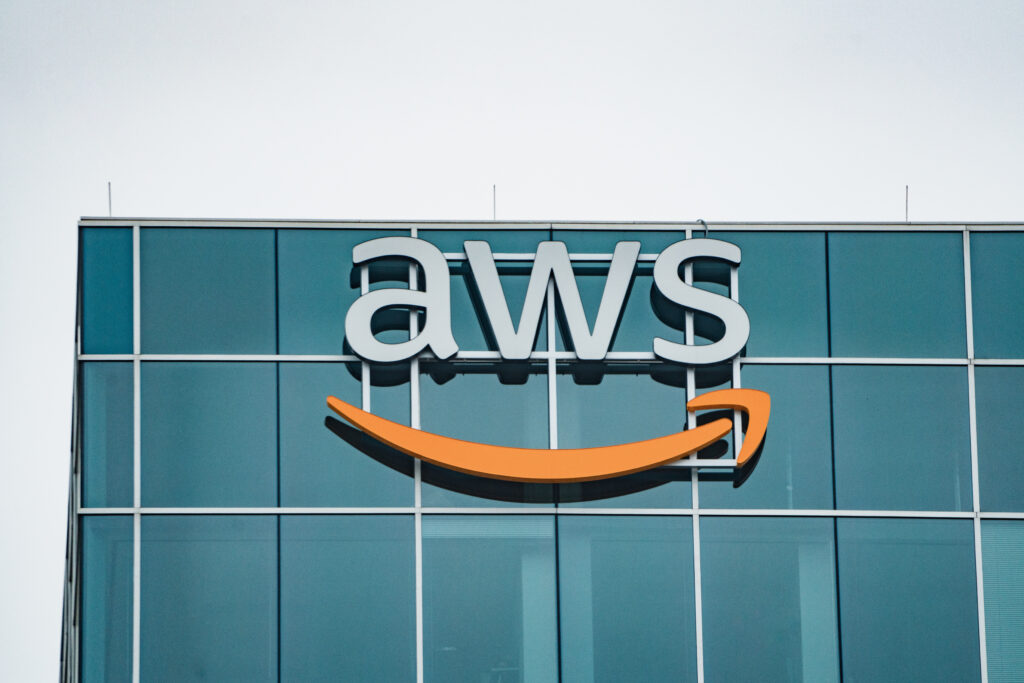Keeping enterprise resources secure isn’t really an issue that many firms consider. What is there to worry about? Most ERP platforms will already have in-built cloud security, or be compatible with most security modules available. Protecting resources from external threats can be a simple process. However, how many firms have measures against internal threats?
It’s not a concept that’s frequently brought up in matters of security – yet a Verizon Data Breach Investigations Report revealed that 35 percent of threat actors and data breaches are triggered internally. What exactly counts as an internal threat? The same report defines it as “what happens when someone close to an organization, with authorized access, misuses that access to negatively impact the organization’s critical information or systems.”
What can internal threats do to impact enterprise resources? Consider the vaults of information and data that are spread throughout an ERP platform’s interconnected systems. If those systems are integrated with HR and financial processes, then a nefarious actor that happens to have authorization could leverage the data for fraudulent purposes.
Explore related questions
Bear in mind that internal threats don’t necessarily have to be company employees – third-party contractors, vendors or consultants could have, at some point in a firm’s history, had temporary access to incredibly sensitive information and used it for financial gain, or to get a competitive advantage.
Detecting nefarious internal activities can be difficult unless familiar with the common warning signs. For example, off-peak access to sensitive information should immediately be flagged – especially if remote employees working at irregular hours are already accounted for. A high number of privileged accounts being accessed in a small space of time could also be a sign of harmful activity.
Security tools exist that can help detect internal irregularities. Delinea’s recent acquisition of Fastpath, a cloud-based auditing platform, emboldens the identity security firm’s solutions by providing a centralized view of privilege and permissions across a firm’s entire infrastructure and apps. An increased visibility on exactly who has access to what, and when they access it, can provide greater insight in identifying any irregular activity.
Effective security tools will continue to adapt in ways that can benefit a business. Fastpath-enhanced systems, for example, can collect user data and use it to create real-time policy changes that can help cut back on the risk of data theft. Delinea, reinforced with the deeper data awareness provided by Fastpath, can extend smart access controls to affect all of a firm’s assets – providing a better understanding of data and records. With this knowledge, a firm can guarantee specific privileges are linked with the correct data resources.
Ultimately, having a better grasp of exactly who has privileged access, and for how long, is one of the more effective methods to keeping enterprise data secure from internal threats. By utilizing all the tools available and taking a proactive approach, firms can provide greater protection to their customers, clients and workers.




